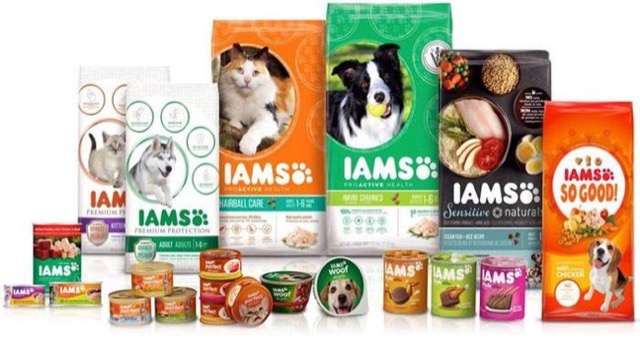Some of the largest pet food suppliers in the country have been overcharging pet owners by charging more for prescription dog food when it doesn’t actually include any medicine, according to a Greenville lawyer who is working on a class-action lawsuit against those pet food manufactures.
Lynwood Evans, a lawyer at Ward and Smith P.A.’s Greenville office, is working on the lawsuit along with other Ward and Smith attorneys in Willmington, as well as attorneys in San Francisco, Minneapolis and Atlanta.
The lawsuit, filed in U.S. District Court in the Northern District of California last fall, is a class-action lawsuit and was filed against Mars Petcare U.S. Inc.; Royal Canin U.S.A. Inc.; Nestle Purina Petcare Co.; Hill’s Pet Nutrition Inc.; Petsmart Inc.; Medical Management International Inc, which does business as Banfield Pet Hospital; and BluePearl Vet. LLC.
The lawsuit claims that the prescription dog foods include: Hill’s Prescription Diet, Purina Pro Plan Veterinary Diets, Royal Canin Veterinary Diet and Iams Veterinary Formula.
The suit claims that the dog food companies sell prescription dog foods that do not actually contain any medicine or other ingredients that would require a prescription.
“In selling prescription pet food, defendants are taking advantage and betraying the trust of vulnerable pet owners concerned about the health of their pets, and are preying on the known propensities of consumers to love their pets and trust their vets,” the suit states.
Their marketing and labeling is deceptive, collusive and in violation of federal antitrust law and various state consumer-protection laws, the suit states.
The ingredients is the prescription dog food are the same as non-prescription dog food, but pet owners are paying much more for it than non-prescription food, Evans said.
For example, a 25-pound bag of prescription dog food could cost up to $100, he said.
“When you tell someone that a prescription is required, that means something to consumers,” Evans said. “They believe it’s necessary for their pet’s health. They’re willing to pay the price difference between the non- prescription and the prescription food, when in reality there are a no drugs in the food and they’re basically the same as the non prescription food.”
The lawsuit claims that the Banfield Pet Hospital has about 900 veterinary centers in PetSmart’s 1,145 stores in the United States. It is the largest veterinary chain in the United States and employs about 3,200 vets, according to the lawsuit.
Mars owns about 79 percent of Banfield Pet Hospital, and PetSmart owns about 21 percent, according to the lawsuit. Mars also owns Blue Pearl Vet Hospital, which has 50 locations and 600 veterinarians.
The food companies are connected to the veterinary hospitals that prescribe the food, Evans said.
“They manufacture the food. They are dictating the prescriptions requirements. They are employing the vets who prescribe the food, which is more expensive,” he said.
The lawsuit began in eastern North Carolina, and several of the plaintiffs live in the region. Other plaintiffs live in eight other states, he said.
“The idea was born here,” Evans said.
Because Ward and Smith is taking on some of the largest dog food manufacturers in the world, it has added other law firms in other states, with different types of expertise, to work on the lawsuit, he said.
The lawsuit demands that the pet food companies be ordered to stop further deceptive distribution, marketing and or sales practices with respect to prescription pet food; that they disgorge all or part of their ill-gotten profits for the benefit of the plaintiffs and class members; award three-fold damages, pay compensatory, statutory, exemplary and punitive damages and pay attorney fees.
People who have purchased the prescribed pet foods during the past three years may be eligible to join the class action lawsuit. Call 844.321.9425 for more information.




